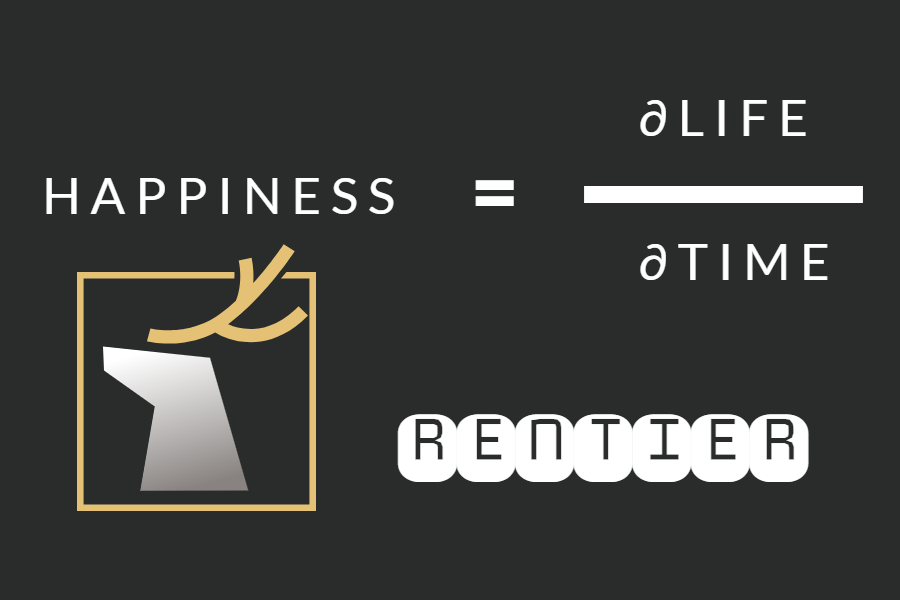
Third-Party Litigation Finance – Investment Opportunity Analysis
I recently discovered LexShares, a crowd-sourced litigation funding platform that provides individual accredited investors with access to a diverse range of pre-settlement business disputes. This represents a unique opportunity to participate in an emerging alternative asset class with significant growth potential.
Investment Structure & Opportunities
LexShares offers individual accredited investors the opportunity to invest in a wide variety of pre-settlement business disputes, including:
- Contract Disputes: Business contract breaches and enforcement
- Fraud Cases: Corporate and financial fraud litigation
- International Arbitration: Cross-border business disputes
- Intellectual Property: Patent, trademark, and copyright litigation
- Whistleblower Cases: Qui tam and whistleblower protection claims
- Portfolio Financing: Diversified litigation fund investments
Key Distinction: Pre-settlement funding differs significantly from post-settlement loans. Investors in pre-settlement funding can obtain higher equity upside (classified as capital gains) when investing in early-stage litigation. Post-settlement investment functions as a fixed-income product, particularly common in the mass tort space, where investors provide loans to lawsuit plaintiffs for settled claims that have not yet been paid out.
Attractive Investment Characteristics
Litigation finance represents a new asset class with several compelling features:
- Market Correlation: Not correlated with traditional market cycles
- Case Independence: Individual claims are not correlated with each other
- High Return Potential: Access to the lucrative contingency fee business model
- Recession Resistance: Litigation activity often increases during economic downturns
The platform brings investor capital into the incredibly lucrative business model known as contingency. Under the contingency fee model, lawyers accept cases in exchange for a significant portion of settlement or award upon successful completion. If they lose a case for their client, they typically receive nothing. This monopolistic business model is highly inefficient and only available to lawyers, which is why the rate of return on this asset class can easily outstrip other investment opportunities.
LexShares Performance Track Record
The LexShares team maintains a strong track record in commercial cases with a success rate of slightly over 90%. As of April 2017, the platform has posted 32 cases (102 cases for the underwriting group), with 7 cases reaching final resolution.
The following table shows the investment returns for different success rates, demonstrating the platform’s performance across various scenarios:
| Success Rate | Gross Proceeds | Net Proceeds | MOIC | IRR |
|---|---|---|---|---|
| 100% | $24,805 | $14,805 | 2.48x | 74% |
| 90% | $22,324 | $12,324 | 2.23x | 62% |
| 80% | $19,844 | $9,844 | 1.98x | 49% |
| 70% | $17,363 | $7,363 | 1.74x | 37% |
| 60% | $14,883 | $4,883 | 1.49x | 24% |
| 50% | $12,402 | $2,402 | 1.24x | 12% |
| 40% | $9,922 | ($78) | 0.99x | 0% |
| 30% | $7,441 | ($2,559) | 0.74x | (13%) |
Key Performance Metrics
- Case Resolution Timeline: Average resolution time is 2 years
- Outstanding Case Performance: The average IRR on 20 cases outstanding for 18-24 months is 74%
- Platform Risk Assessment: The lowest success rate that the platform estimates is 70%
Strategic Investment Considerations
Litigation finance has experienced exponential growth over the past year and is rapidly gaining adoption in the US market among large law firms and corporations. This asset class offers enormous growth potential for early investors.
Investment Strategy: I will capitalize on arbitrage opportunities before this sector becomes mainstream. The current market inefficiencies and limited competition create a window of opportunity for accredited investors to access high-return litigation finance investments that may become more competitive as the asset class matures.
Risk Management: While the potential returns are attractive, it’s important to understand that litigation finance carries unique risks, including case outcome uncertainty, extended timelines, and platform-specific risks. Diversification across multiple cases and platforms is essential for managing these risks effectively.






